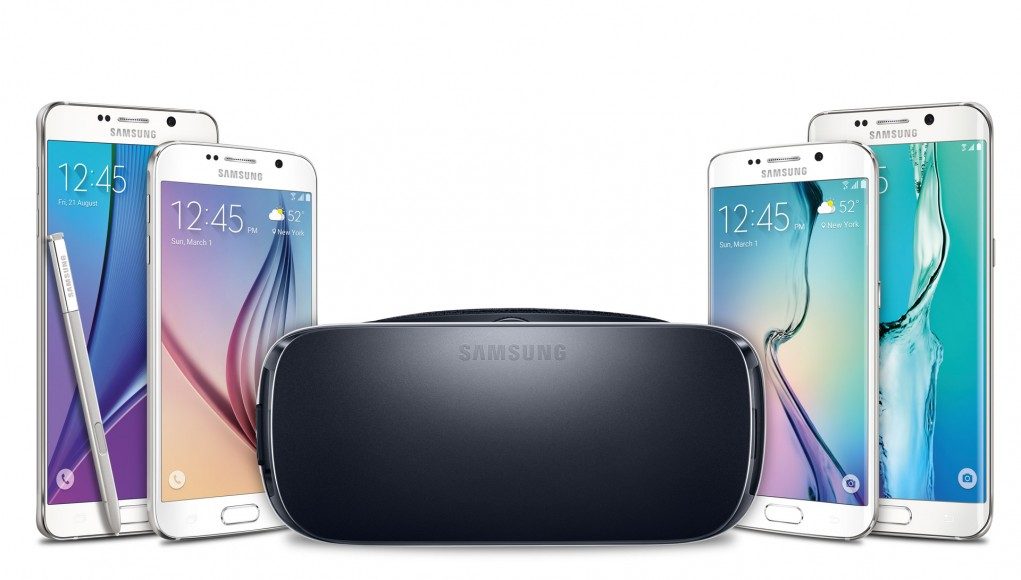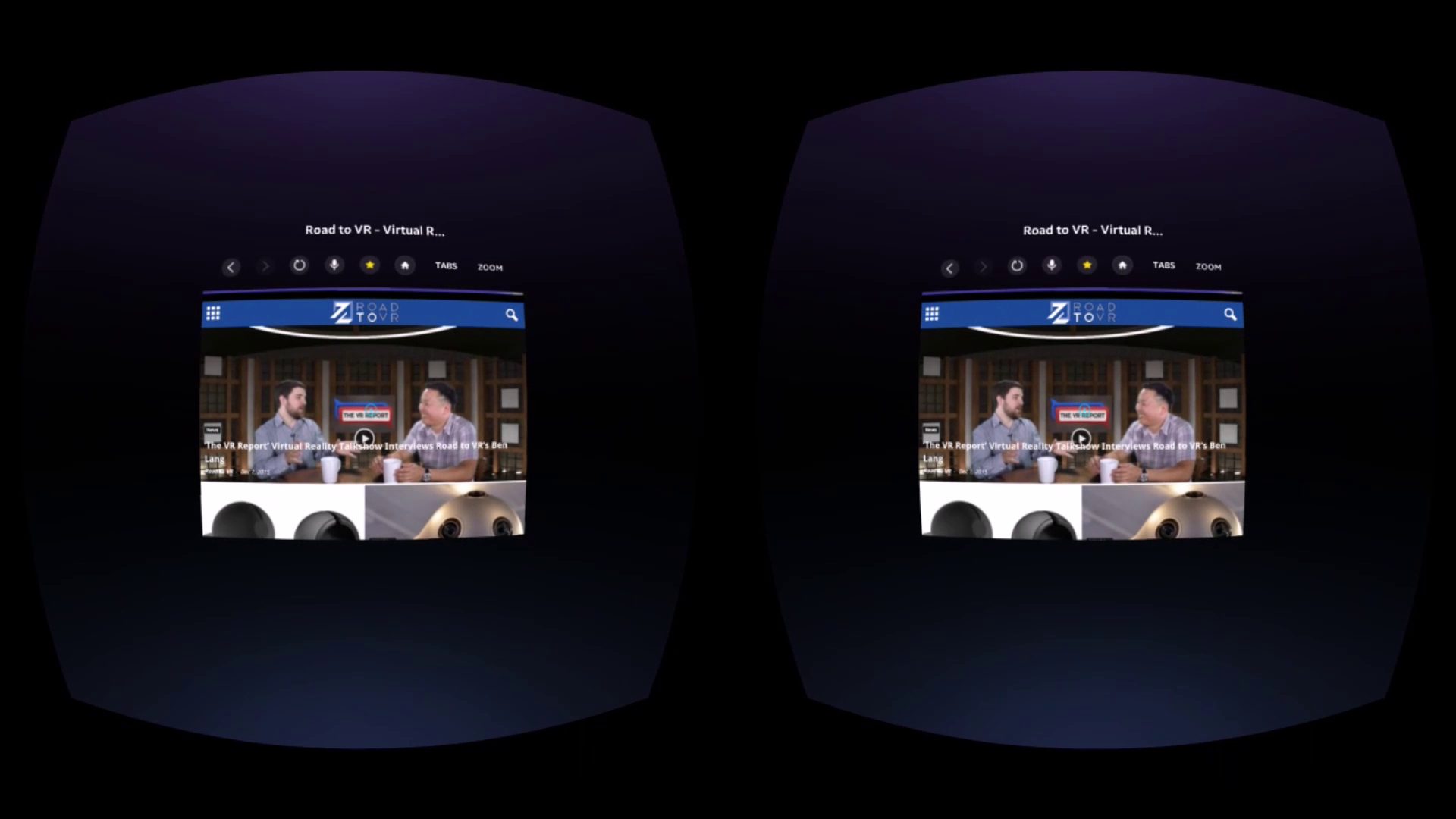Gear VR users are still waiting for Oculus to officially open video capture for the masses, but according to a recent update in the documentation section for the Mobile SDK, app developers will now be able to capture “live, full resolution, undistorted, single-eye, full-layer-support VR video.” In layman’s terms: no more weird 3rd-party recording programs.
While the update itself was pushed out back in mid-December with their new Mobile SDK 1.0.0, we now know that the mp4 files will have an FOV reduced to 80 degrees, defaulting at 1024 resolution and 5 Mb per second data rate.
This would remove a number of hallmark quirks of current video capture software like Recordable, arguably the easiest solution prior to the release of official support (and featured in our ‘How to Record Samsung Gear VR Videos’ article).
See Also: Minecraft Creator Develops Experimental WebVR Project
Things like barrel distortion – applied to cancel out the physical distortion caused by the lenses, chromatic distortion – applied to reduce an optical artifact caused by the lenses that creates colored fringes around objects, and a fullscreen stereoscopic view (as seen below) will soon be a thing of the past.
The move by Oculus to natively capture undistorted, palatable video from Gear VR is pretty smart from a marketing stand point, as the budding community of VR YouTubers create reviews and walkthroughs of new games and experiences, essentially doing some of the heavy lifting in terms of VR evangelism. Making their job easier at delivering higher quality video can only spread the word even farther. Although the proposed 1024 default resolution is clearly under what can be considered HD, the feature is still under development.
Oculus recommends that developers using Mobile SDK v1.0 (or higher) should ramp up GPU levels and turn off chromatic correction in order to compensate for any potential judder that may result from recording video while playing games.








